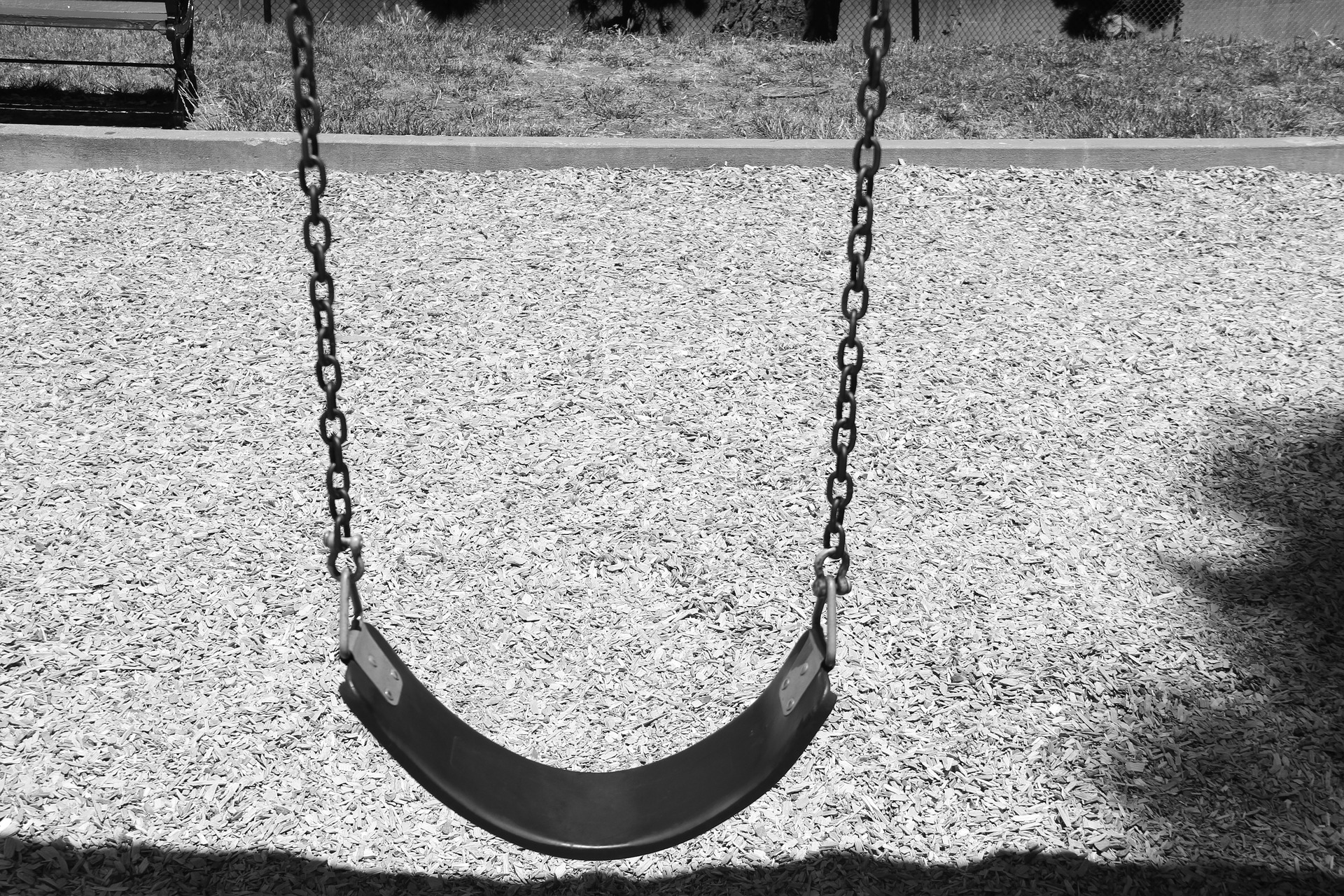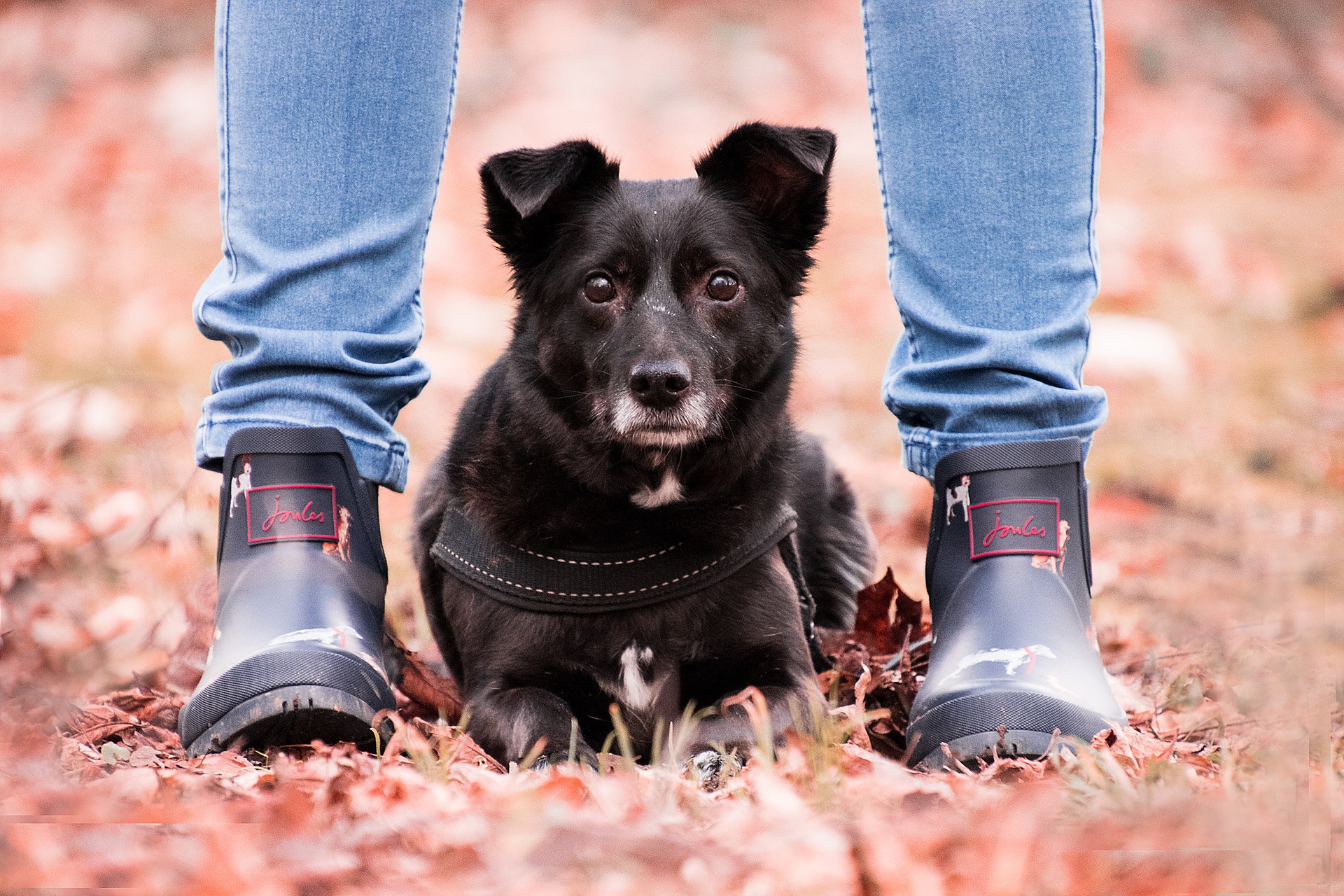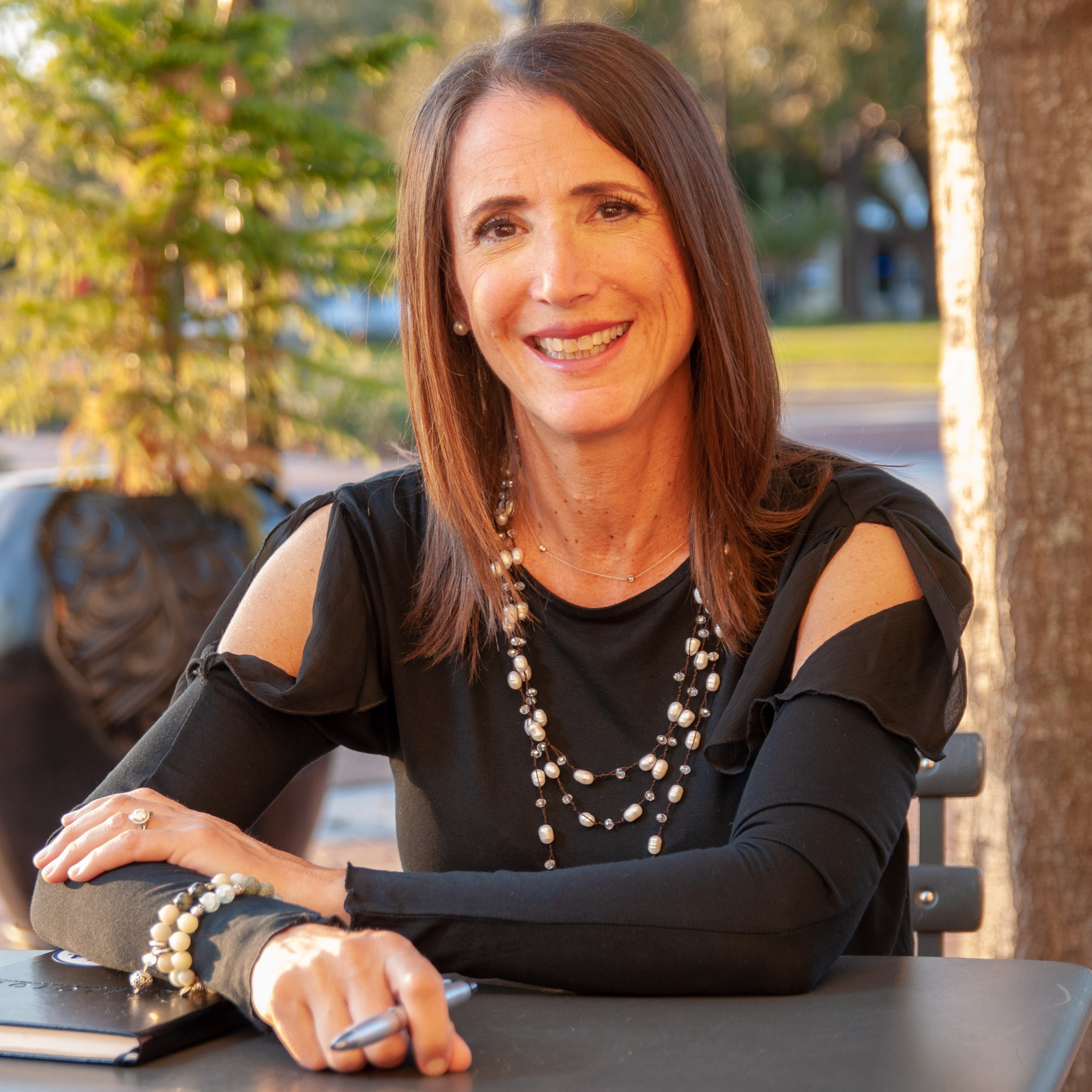“Holding on to the past is the riskiest choice you can make. Because when you hold on to the past, you erase any chance that you can change.” — Mastin Kipp
I had the honor last spring of interviewing best selling author, entrepreneur, and inspirational speaker, Mastin Kipp.
This was a first for me, and I had just finished reading his newest book, Claim Your Power: A 40-Day Journey to Dissolve the Hidden Trauma That’s Kept You Stuck and Finally Thrive in Your Life’s Unique Purpose.
(This is NOT an affiliate link, and you can find the book here.)
Mastin and I share a common niche.
We’re both passionate about helping people resolve their past traumatic memories, so they can have the freedom to heal, and to move forward and create the lives they want.
Why do we do that? Unresolved trauma keeps us stuck. It robs us of enjoyment in life. It filters how we see the world and ourselves.
Trauma is present in everyone’s life to one degree or another, and we all benefit by healing those past experiences, be they big or small.

Trauma is trauma because of how it left you feeling, not because of the size of the event.
I was in the habit of minimizing my traumatic experiences just because they didn’t seem big enough.
A traumatic incident is any event that makes you believe you’re in danger, at risk of being seriously injured, attacked, or losing your life.
Those feelings can come from anything from extreme physical and sexual assault, to a car accident, to bullying, to chronic and repeated micro-aggressions. Even grief can become a stored trauma.
The point is, trauma leaves its effects in and on all of us. Even if someone else’s trauma seemed worse, if it felt traumatic to you, it was trauma.
Modern researchers are beginning to understand, it’s less about what happened, and more about how we hold and interpret the experience afterward.
And regardless of its size or source, trauma impacts your health.
The impact of trauma on our physical and mental health can’t be downplayed.
Let’s look at the brain for starters.
?Trauma changes how the amygdala functions, making a person more likely to react to triggers, especially emotional ones. People can experience emotional extremes and struggle to regulate their emotions.
?Reduced activity in different parts of the cortex- frontal lobes can mean the survival response gets triggered even in the absence of danger.
?The hippocampus becomes smaller and its structure is interrupted. This has the potential to affect attention, learning and memory.
Unresolved emotional trauma affects the physical body too.
?When trauma resides in your body, it’s like a car revving its engines. The body is on alert and ready for fight or flight. Cortisol is pumping through your system at inappropriate times.
?Stress hormones trigger inflammation, and inflammation is implicated in chronic pain, degenerative joint disease (arthritis), heart disease, cancers, autoimmune diseases, and others.
?To keep it short, the emotional pain from trauma leads to pain and breakdown of your physical body too.

Naturally, when I spoke with Mastin, the conversation centered on trauma.
He shared his own struggles with watching his mother live in chronic pain. He battled alcohol and drug addiction.
Those experiences, he felt, gave him a unique perspective to work with millions of people who’ve struggled to overcome the traumas of their past.
We talked about how trauma lays at the foundation of so many of our mental health and physical health problems.
Mastin went so far as to say he believes every mental health disorder is from a trauma. (He’s careful to emphasize he doesn’t believe that’s a reason to flush your medicine down the toilet.) We’re missing the bigger picture, and healing is impaired, when we fail to resolve that trauma.
There’s no kale smoothie that will resolve your trauma for you.
There’s no popular quick fix to resolving traumatic memories. There’s no green juice that takes it away.
The healing key lies in acknowledging it. Recognize its value.
Daring to be with the trauma can sound or feel scary though. It’s a natural tendency to not want to recognize the pain.
“In trauma-informed care we know that one of the automatic defenses to trauma is an isolation and immobilization response from the nervous system.
This is why so many survivors don’t come forward, or come forward decades later.
The body goes into a freeze and isolation response and automatically defends itself through remaining withdrawn and immobilized.
This is where trauma really takes it’s hold on survivors, when it is not shared and held alone for years or decades.” — Mastin Kipp
Trauma drives us to avoid looking at the event and our pain, and at the same time, it leads us to isolation. In isolation and avoidance, it takes root.

Something I hadn’t thought of before:
Mastin emphasizes the important role of a safe relationship in resolving trauma.
That relationship can be with a coach or mentor like Mastin or myself.
“Safety and connection in relationship with others is how we heal.” — Mastin Kipp
This thought was new to me. I only recently began speaking openly about my own traumatic memories.
I thought I could work them out with my own logic, and with good physical and mental health self care habits. That might be how you approached the healing process as well, but has it worked for you?
While self love and self care are important (and self love is a relationship as well), focusing only on self love and self care feeds into the cycle of isolation that’s so common in trauma.
Let’s stop sweeping trauma under the rug.
Any thought or emotion that’s been repeating itself to you over the years isn’t going to go away on its own.
We can sweep it under the rug, but clearly the problem is still there.
Let’s instead crack open the door. Work with someone you trust to stand by your side and guide you through that door. When a little light shines in, the emotional charge that goes with those memories begins to dissolve.
With someone you trust, you will heal your past, so you can live the life you want.
I want to send you my free guide, “5 Days to More Peace, More Prosperity, and More Happiness”. Click here to get the guide for free!
Visit me at www.christinebradstreet.com
Visit Mastin at www.mastinkipp.com
Cross posted at www.christinebradstreet.com and Change Your Mind Change Your Life


